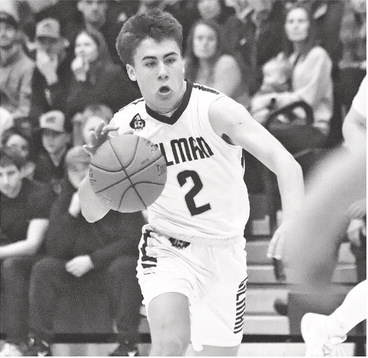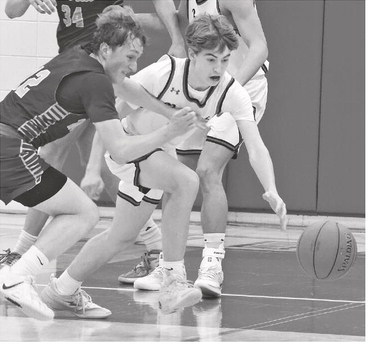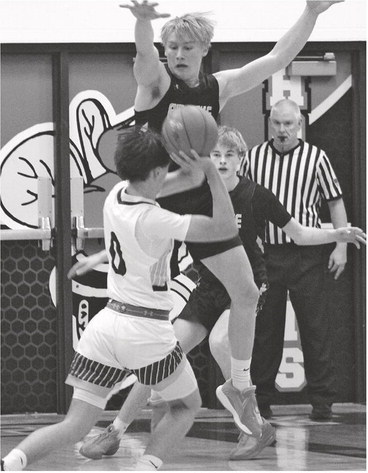You just knew baseball’s lengthy labor peace was too good to be true


As word is spreading about teams and groups trying to get some ball played this summer on local diamonds, ironically, the sport’s biggest entity, Major League Baseball, sits on ...




